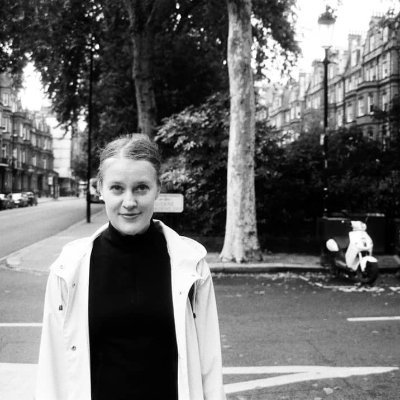Who will be the sharks in the legal battle between majors and Anthropic? Katy Perry performs at University of Phoenix Stadium (photo by Kevin Mazur/WireImage)
Suing someone is expensive, especially if a legal dispute is unlikely to be resolved soon. Especially when the opponent is not precisely human. That’s the main reason why only major labels dare to step in and fight AI developers. Two weeks ago, Universal Music Group filed a lawsuit against Anthropic, an American artificial intelligence startup company, founded by former members of OpenAI. The case informs that “in the process of building and operating AI models, Anthropic has illegally copied and distributed substantial amounts of copyrighted works, including the lyrics of numerous musical compositions owned or controlled by publishers”.
“Anthropic claims to be different from other AI businesses. It calls itself an AI ‘safety and research’ company, and it claims that, by training its AI models using a so-called ‘constitution,’ it ensures that those programs are more ‘helpful, honest, and harmless,’” the publishers’ attorneys wrote. “Yet, despite its purportedly principled approach, Anthropic infringes on copyrights without regard for the law or respect for the creative community whose contributions are the backbone of Anthropic’s infringing service.”
Additionally, UMG alleges against Anthropic’s AI assistant Claude who produces identical copies of iconic earworms such as Louis Armstrong’s “What A Wonderful World” as well as contemporary ones, “Roar” by Katy Perry. Therefore, the publisher demands the developer to pay legal fees and a financial penalty of up to $150,000 per infringed work.
In the meantime, UMG has not been the only label hit by naughty AI. Earlier this, a fake “lost” Oasis album popped up on the Internet, while other artists like Drake and the Weeknd saw the “surprise” digital release of songs allegedly pertaining to them. The aforementioned musicians are Sony and independent OVO Sound signees (with the exception of Weeknd whose works are distributed through Republic Records, a subsidiary of Universal).
Apart from UMG, two other companies supported the lawsuit – Concord Music Group and ABKCO whose catalogue has also been exploited by Anthropic to train their AI assistant. According to the suit, Claude doesn’t only cite lines of a famous song when asked for it, but will also respond with copyrighted lyrics when commissioned to create its own compositions. According to The Register, when prompted to “write a song about the death of Buddy Holly,” Claude’s response were the lyrics to “American Pie” by Don McLean – with a twist.
Meanwhile, major labels have been seeking opportunities for prolific collaboration with leading AI developers. Their partnership with generative music app creators Endel sows seeds in the future of AI-assisted music production. The recent deal with Bandlab Technologies, signed on the same day when the lawsuit was filed, ensures the control (sort of) over the AI-generated content distinguishing between AI-assisted music and fake songs.
As this year shows, a desire for justice wears off in face of costs. In October, the family of songwriter Ed Townsend who composed Marvin Gaye’s hit “Let’s Get It On”, withdrew their appeal after the jury ruled in favour of Ed Sheeran, earlier accused of stealing the song. Sheeran’s lawyer Ilene Farkas commented on this saying the heirs “recognized that an appeal would end up with the verdict being affirmed but also with them being exposed to legal fees and costs, and wisely withdrew.” Yet, it certainly won’t finish quickly for Anthropic as their opponent has got enough resources to carry on. Get your popcorn and see what happens next.



